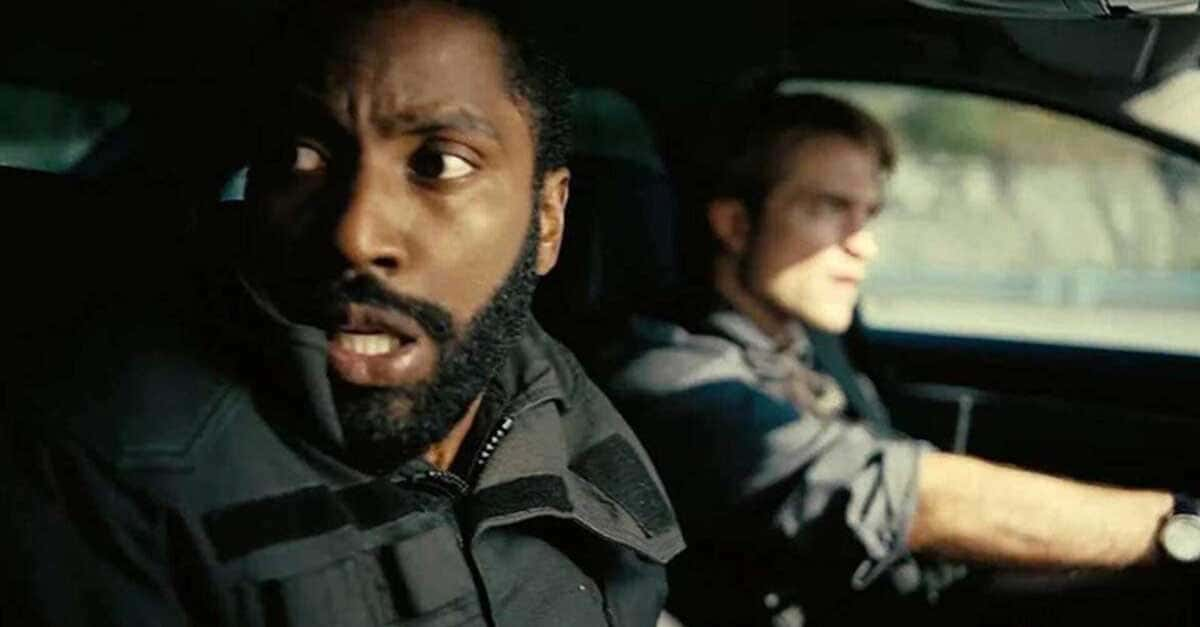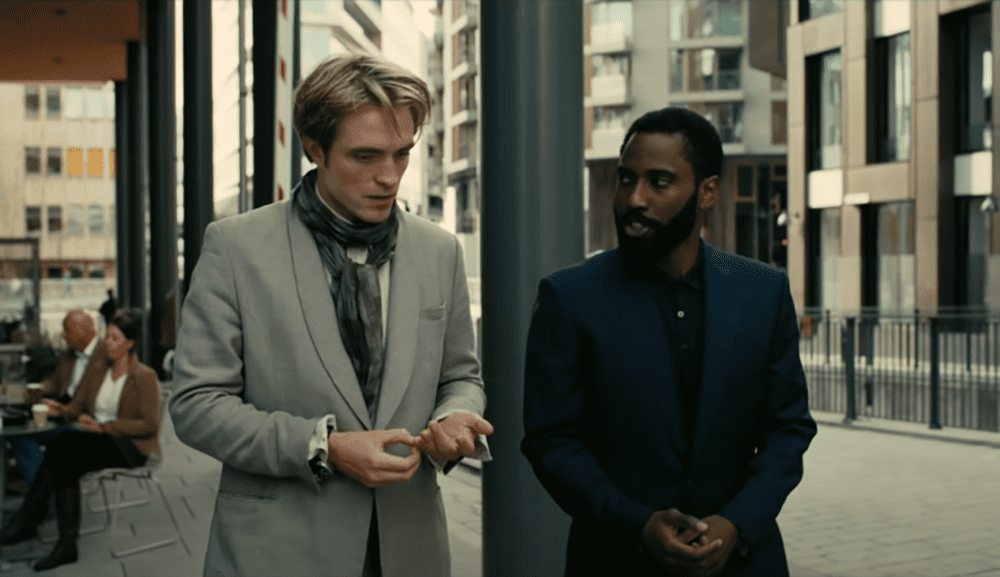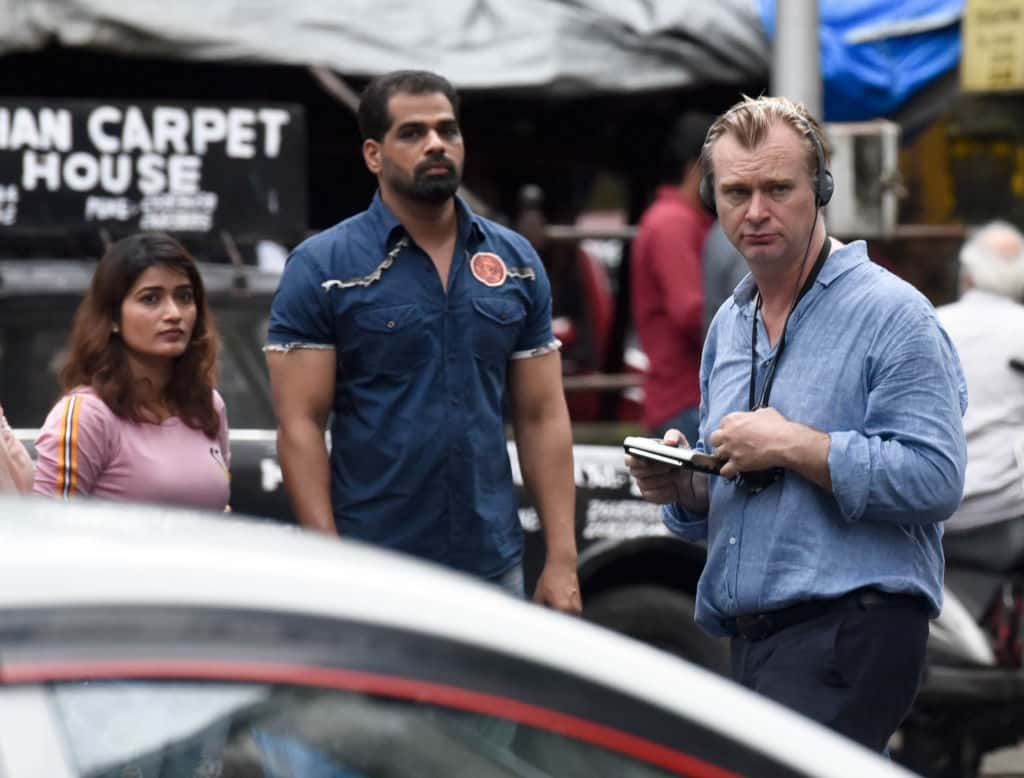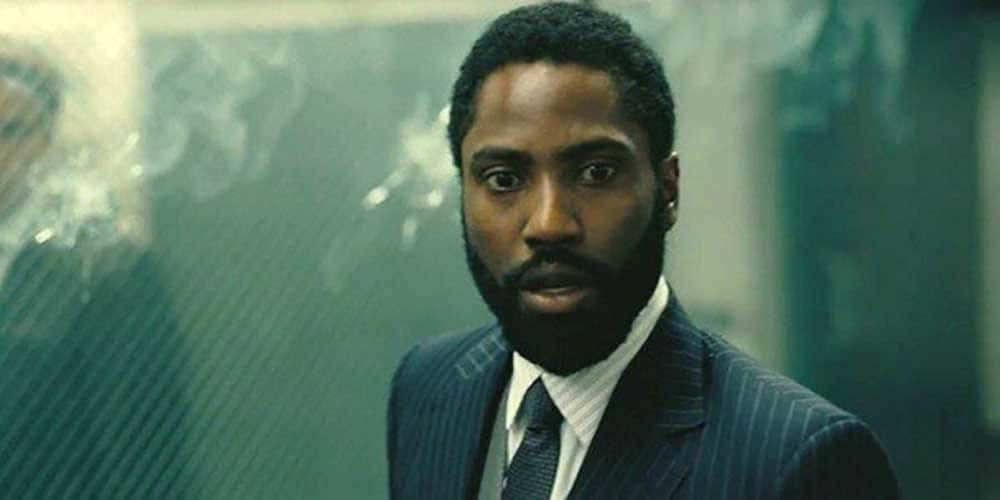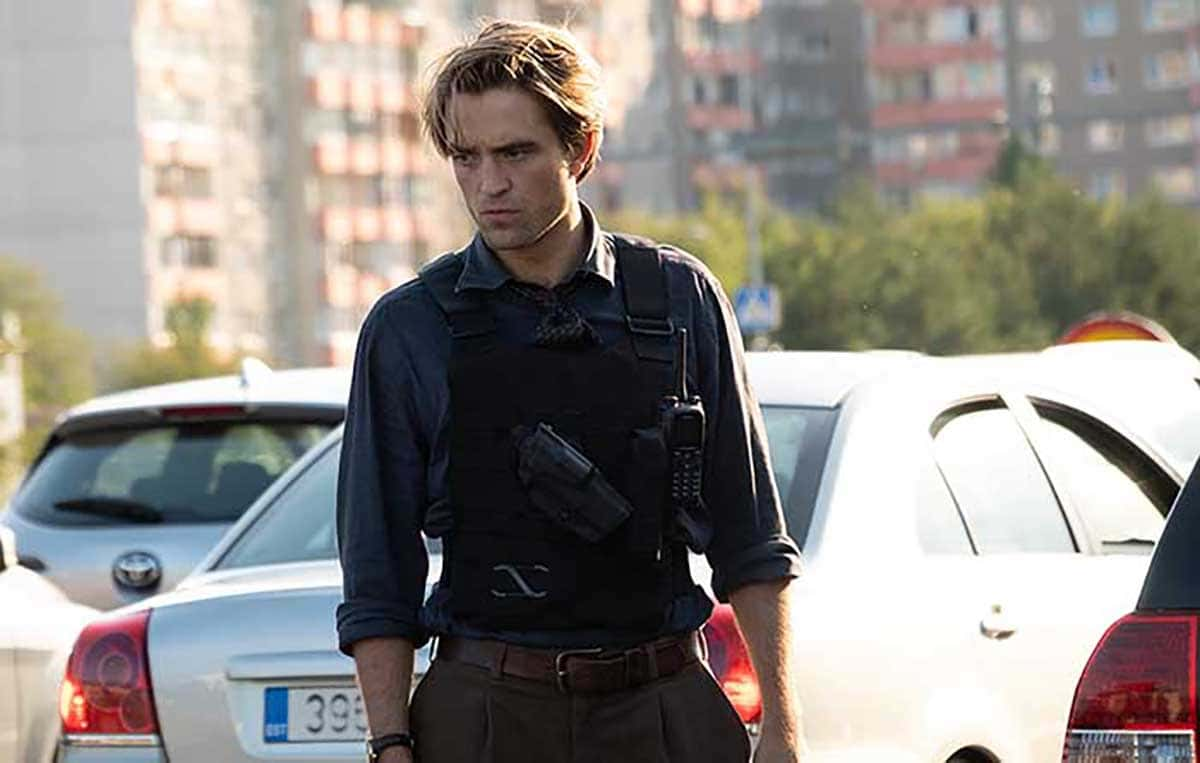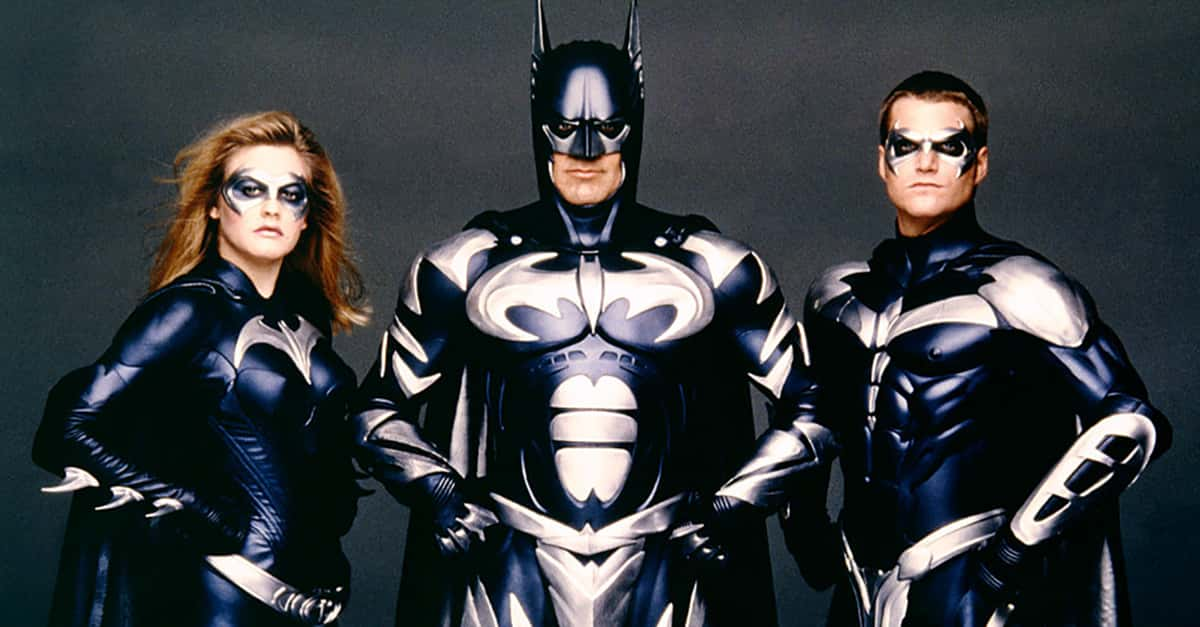The second the credits rolled on Tenet, I thought, “Shoot…I’m going to have to see this again.” That was not what I was hoping to think. These aren’t normal times. Seeing Tenet twice isn’t as simple as buying a ticket for another showing.
I had driven about 45 minutes from my apartment in Toronto to a ramshackle drive-in to see Tenet. Normally, a drive-in is a fun treat—a nostalgic throwback to break up the monotonous theater experience. But I haven’t been to a theater in months. Instead of being an exciting novelty, the drive-in only reminded me of how much better an actual movie theater is.
Down With Drive-Ins
The drive-in's screen was constantly dull thanks to people who inexplicably turned their headlights on mid-movie. The sound popped through my radio in a crackling mess. My windshield glass kept fogging up. The pedals blocked my feet from reclining. If I missed the theater before seeing Tenet, I missed it a whole lot more after.
I’m still pretty dubious about the safety of sitting in a room with a hundred strangers for two and a half hours, so it’ll probably be a few months at least before I see Tenet again. Still, I can’t wait til I get the chance. As with so many of his films, by the end of Tenet, Christopher Nolan made me feel smart for solving his puzzle—as if he hadn't meticulously laid out every piece in front of me. I’m excited to try to explore its many nooks and crannies with the knowledge I’ve gained.
In Safe Hands
There’s something oddly comforting about Nolan’s latest movie, even if seeing it was distinctly uncomfortable. For all the ways that Tenet is obtuse and confusing, we've been here before. We've seen Inception, Memento, and all the others. We know that we're in good hands. And once Nolan has set everything up just so, given us all the pieces we need to understand, he reveals the movie’s secrets, and everything clicks into place.
Tenet certainly has some of the flaws that critics have leveled at Nolan before. After the bombastic opening setpiece, he moves into multiple scenes of straight-at-the-camera exposition. It’s never the most thrilling part of a Nolan film, but hey, that’s what you pay Michael Caine for.
The Prestige
In order for such tedious expositional scenes to not ruin the movie, Nolan has to make sure they pay off. We sat through a lecture, now make it worth it—and that’s where Tenet truly shines. Near the halfway point, after having so much explained to me, I was still pretty lost. Action started unfolding, cars seemed to move in reverse, and I didn’t really understand why.
Then, for the first time, Nolan shows you exactly what Tenet is about. Without spoiling the fun (and honestly, I maybe couldn’t explain it if I tried), Nolan reveals exactly what Tenet’s “thing” is, and suddenly the whole movie makes perfect sense. Earlier scenes that had been confusing snap into focus, and all the exposition has felt worth it.
It’s obvious that this is what Christopher Nolan is best at, and it’s what he cares the most about. Like most of his movies, the characters don’t have much of an emotional arc to speak of. He gets solid performances out of all his actors, but I can’t say I ever got a glimpse at what makes them tick.
Hero and Villain
John David Washington’s protagonist felt like a welcome addition to the Nolan canon. Nolan loves to build cold, stoic worlds and fill them with cold, stoic leads. Washington brings something new to the table. He’s as cool and confident as any Nolan star, but he brings a personality to the character that feels completely his own.
Kenneth Branagh apparently decided that not enough people watched Jack Ryan: Shadow Recruit. As far as I can tell, he simply decided to play the exact same character again. Regardless, his muttering, over-the-top Russian oligarch villain suits the movie perfectly fine. If it ain't broke, don't fix it.
The Nolan Wife Problem
Unfortunately, Nolan doesn't give Kenneth Branagh's wife, played by future-mega star Elizabeth Debicki, nearly as much opportunity to have fun. Like many of the director's female protagonists, Nolan saddled her with the flattest role in the movie, but she does a good job with it. As good as one could hope.
I will give Nolan credit for one thing, though: Elizabeth Debicki is tall, and he never once tried to hide it. She’s a full six inches taller than John David Washington, and Tenet is cool with it. Not a soapbox for a male actor in sight. Message to all future filmmakers: Let Elizabeth Debicki be tall!
Tenet
The rest of the movie is filled out with more solid performances: Robert Pattinson at the most likable and scarf-wearing he’s ever been, Dimple Kapadia as the arms trafficker who you’re never sure if she knows too much or too little. As in so many Nolan movies, he never asks too much from any actor, and they all do a good job, but the performances aren’t what makes Tenet special.
Tenet is Christopher Nolan at the top of his game. He revels in choosing complex subjects, then making audiences feel clever for understanding them. This time, he chose probably his most cryptic concept yet, but he masterfully lays it out so that once the movie finally shows its hand, you’re right there with him. The feeling of epiphany you get when that happens is thrilling cinema at its finest, and no one does it better than Nolan.

